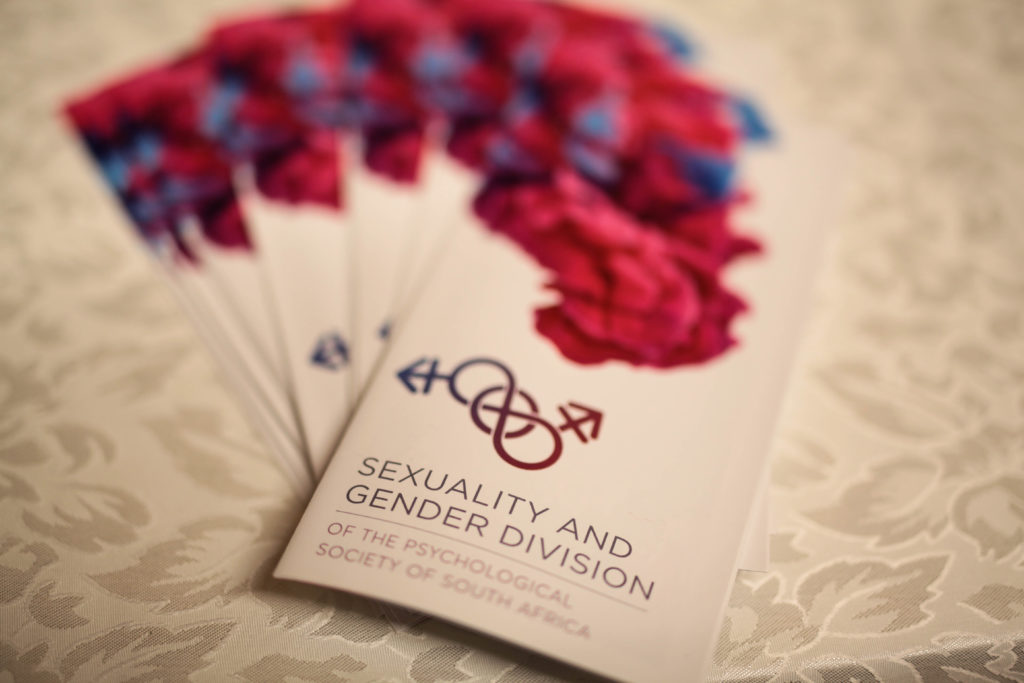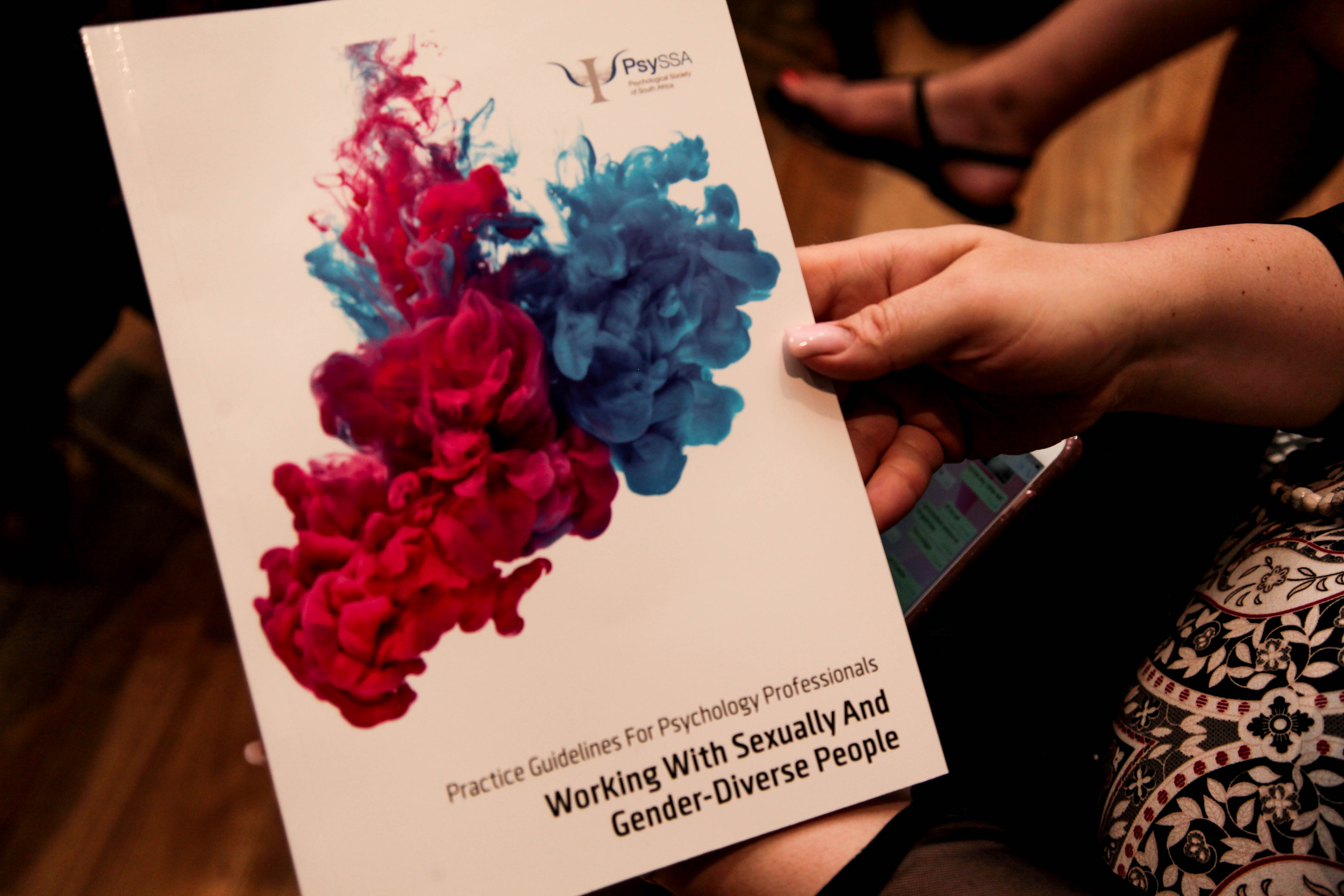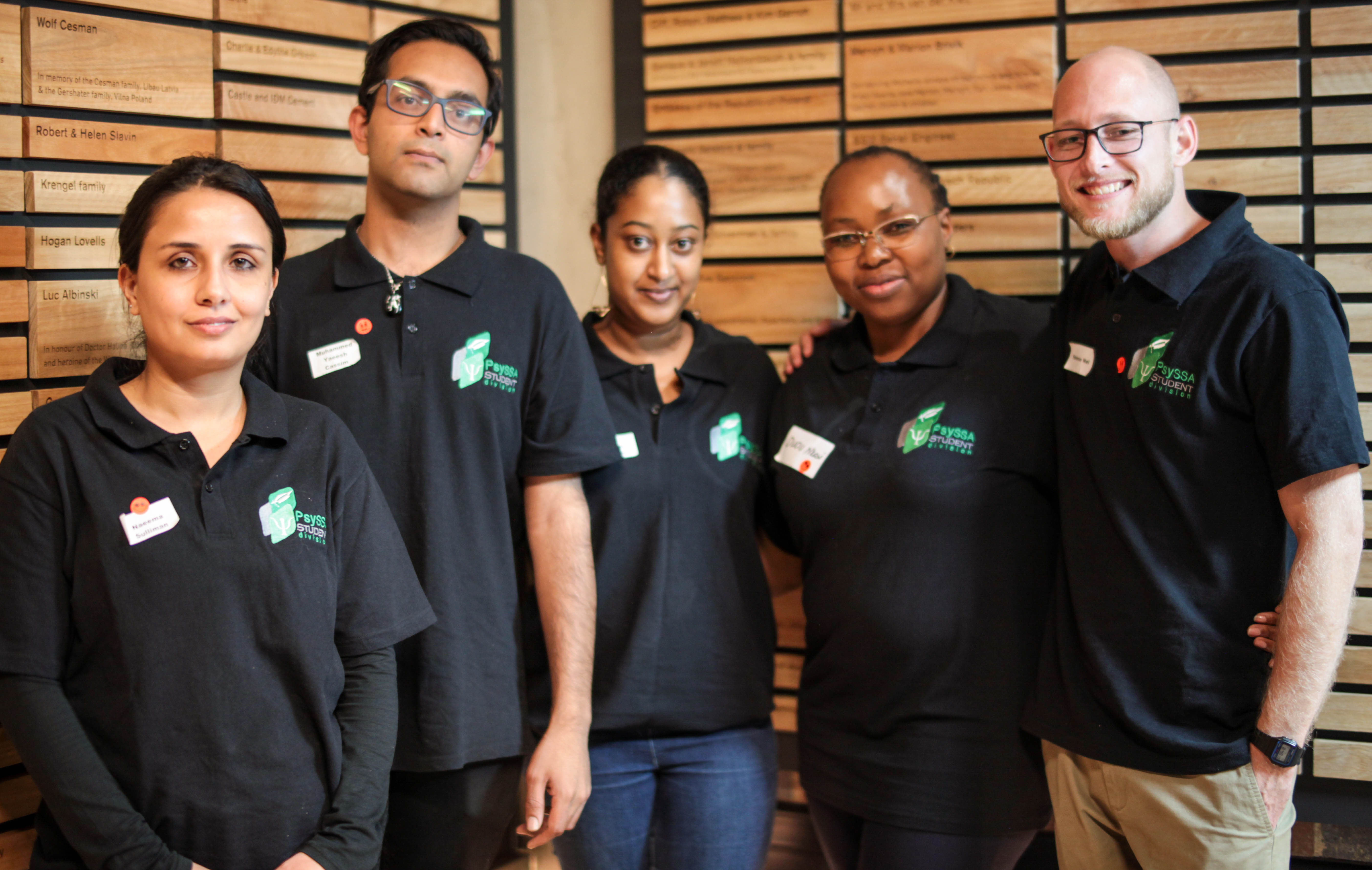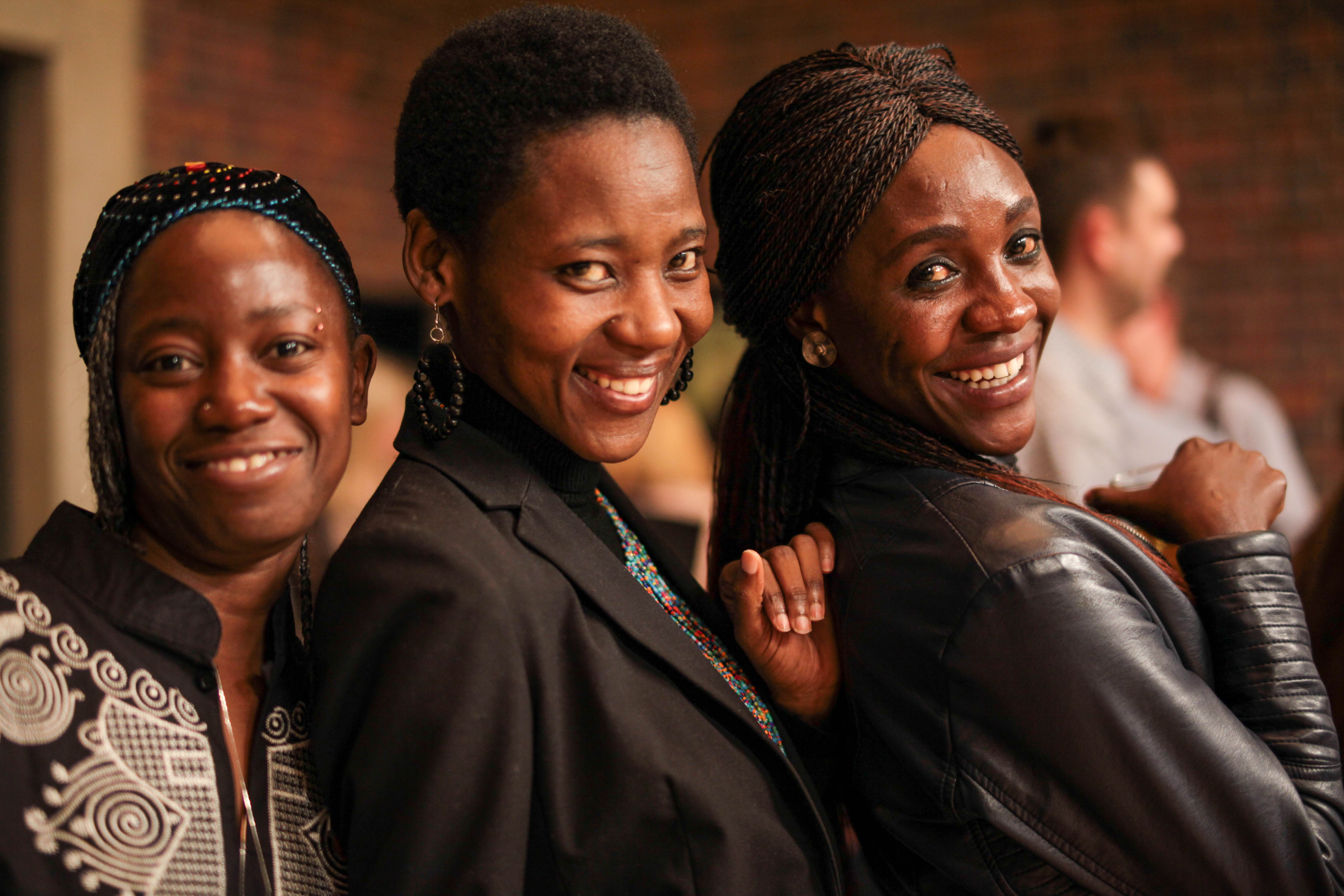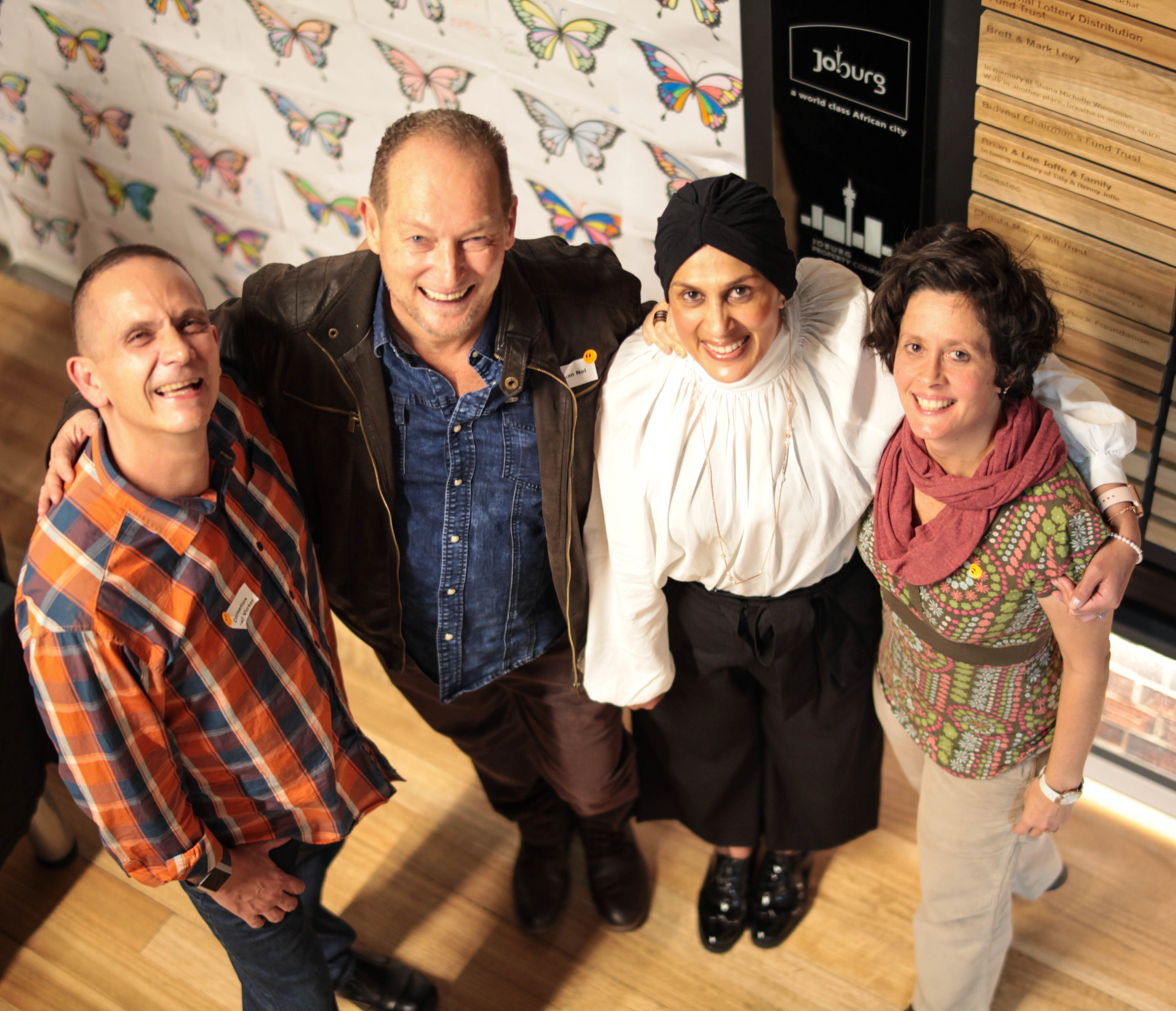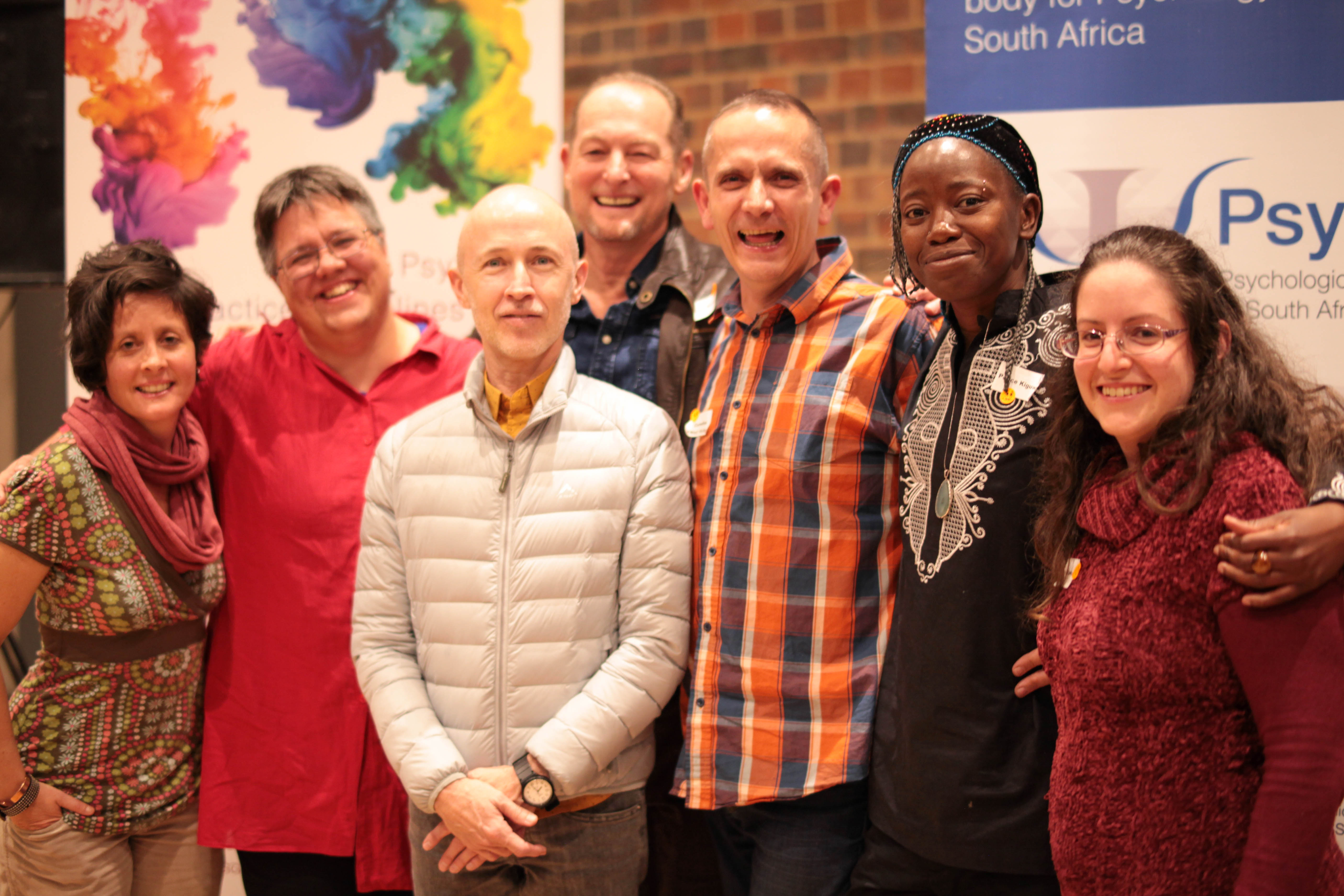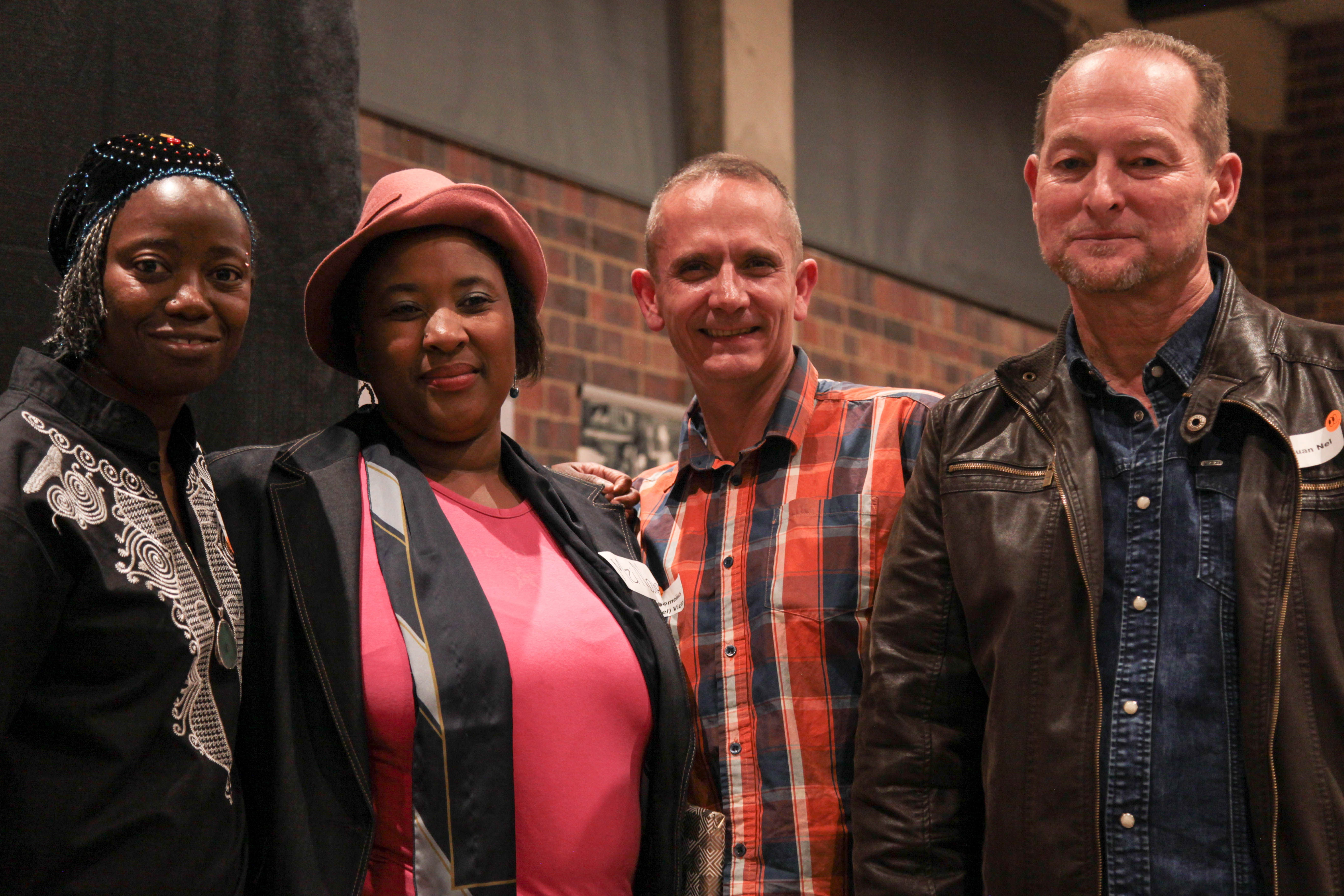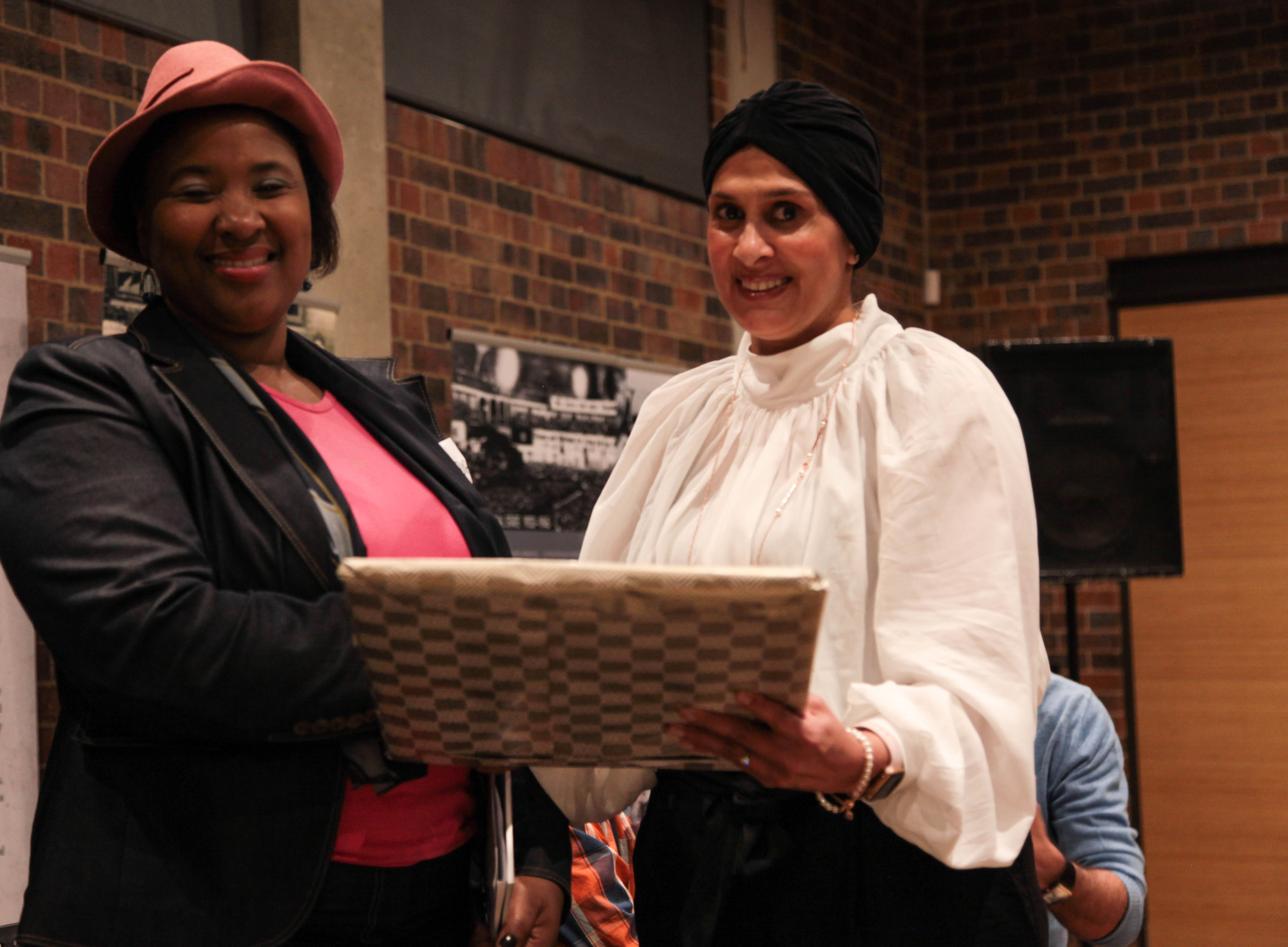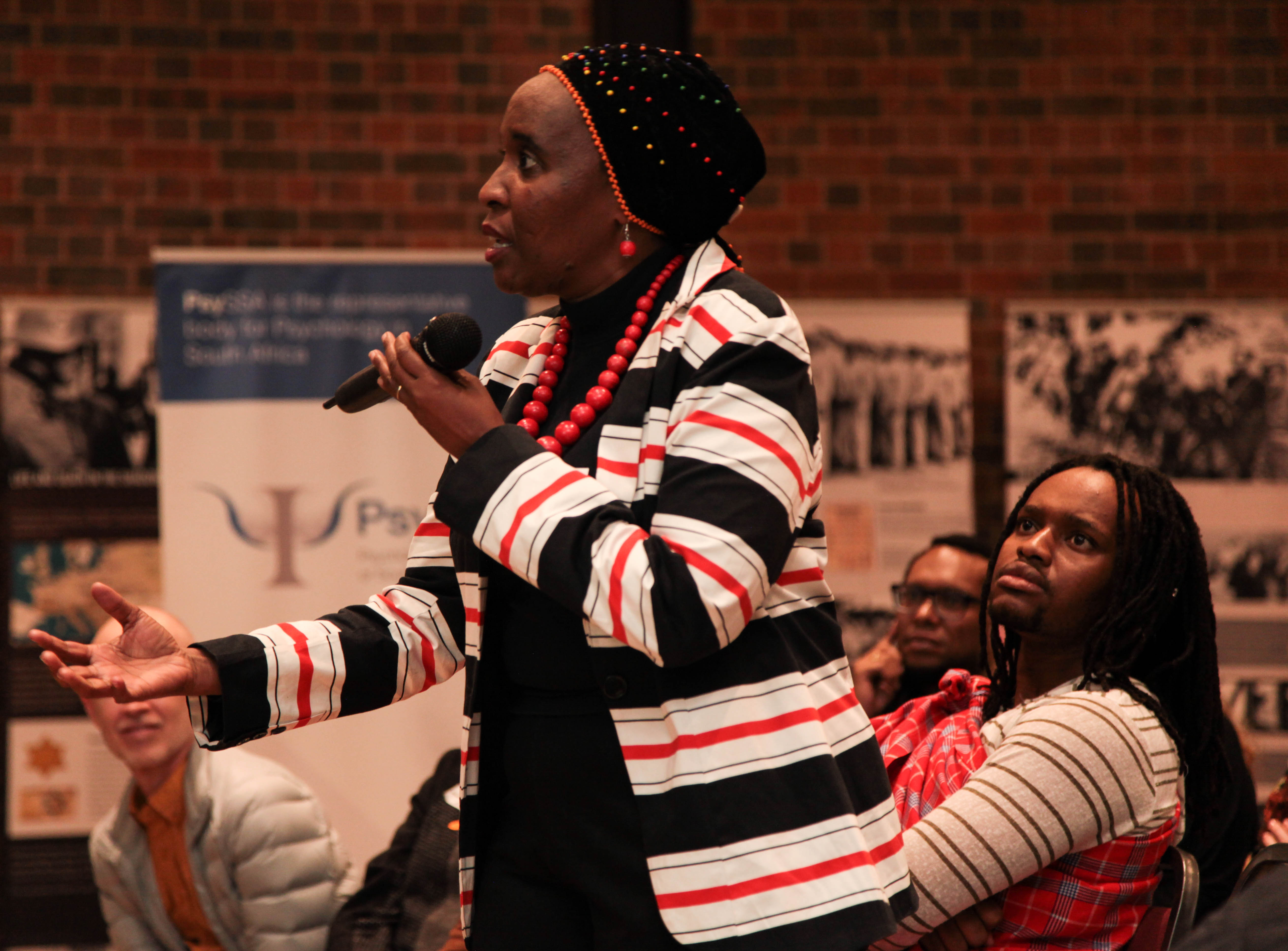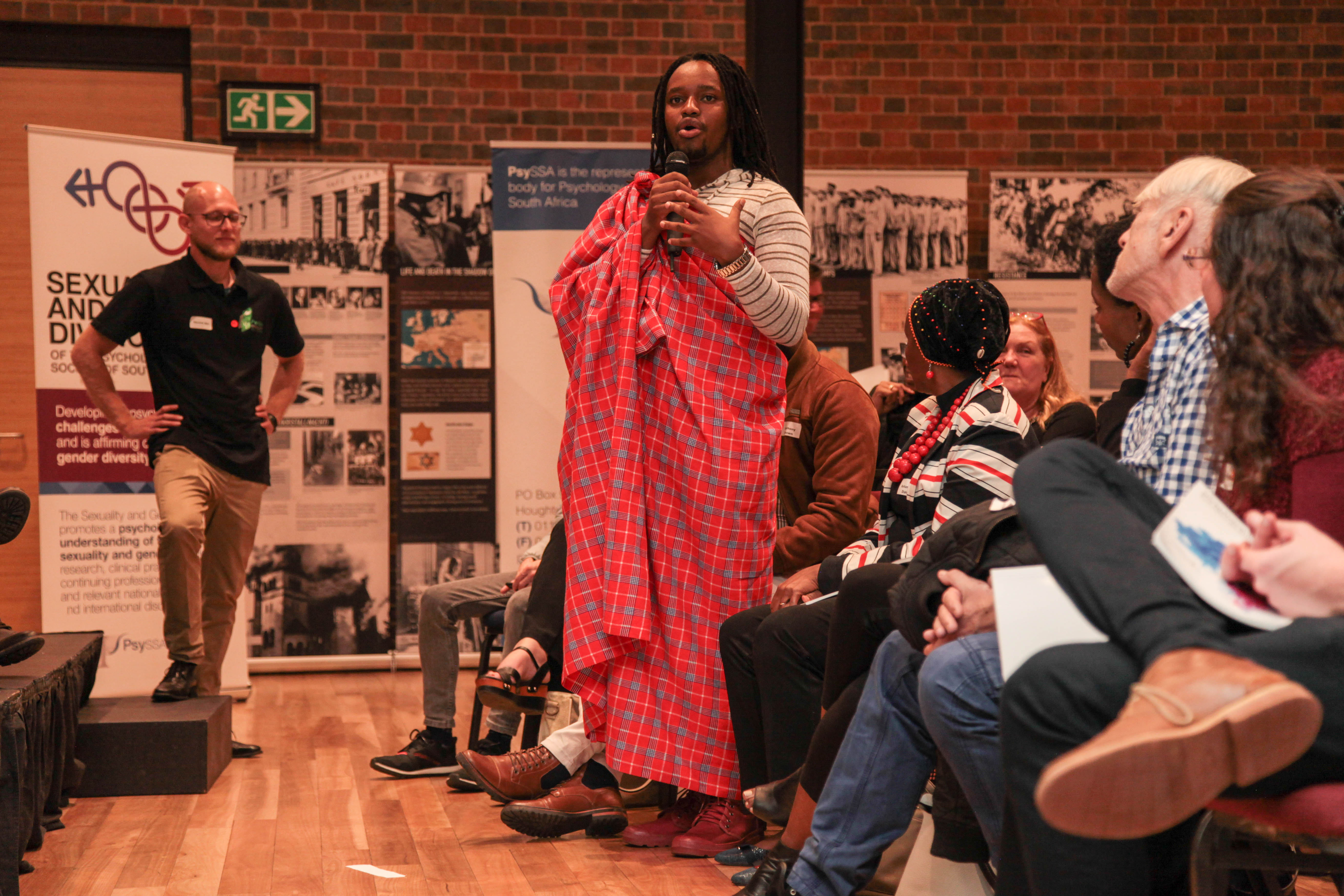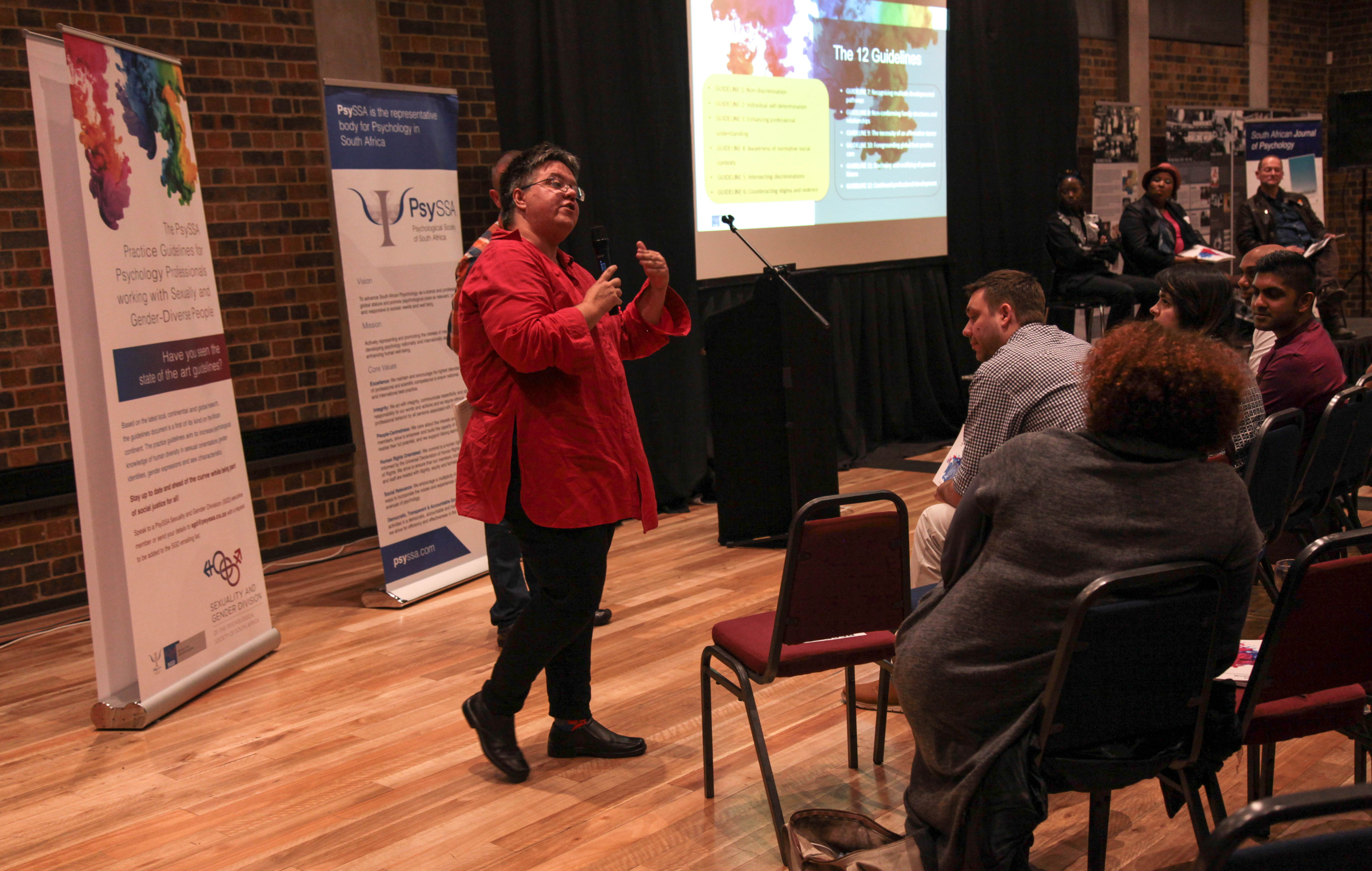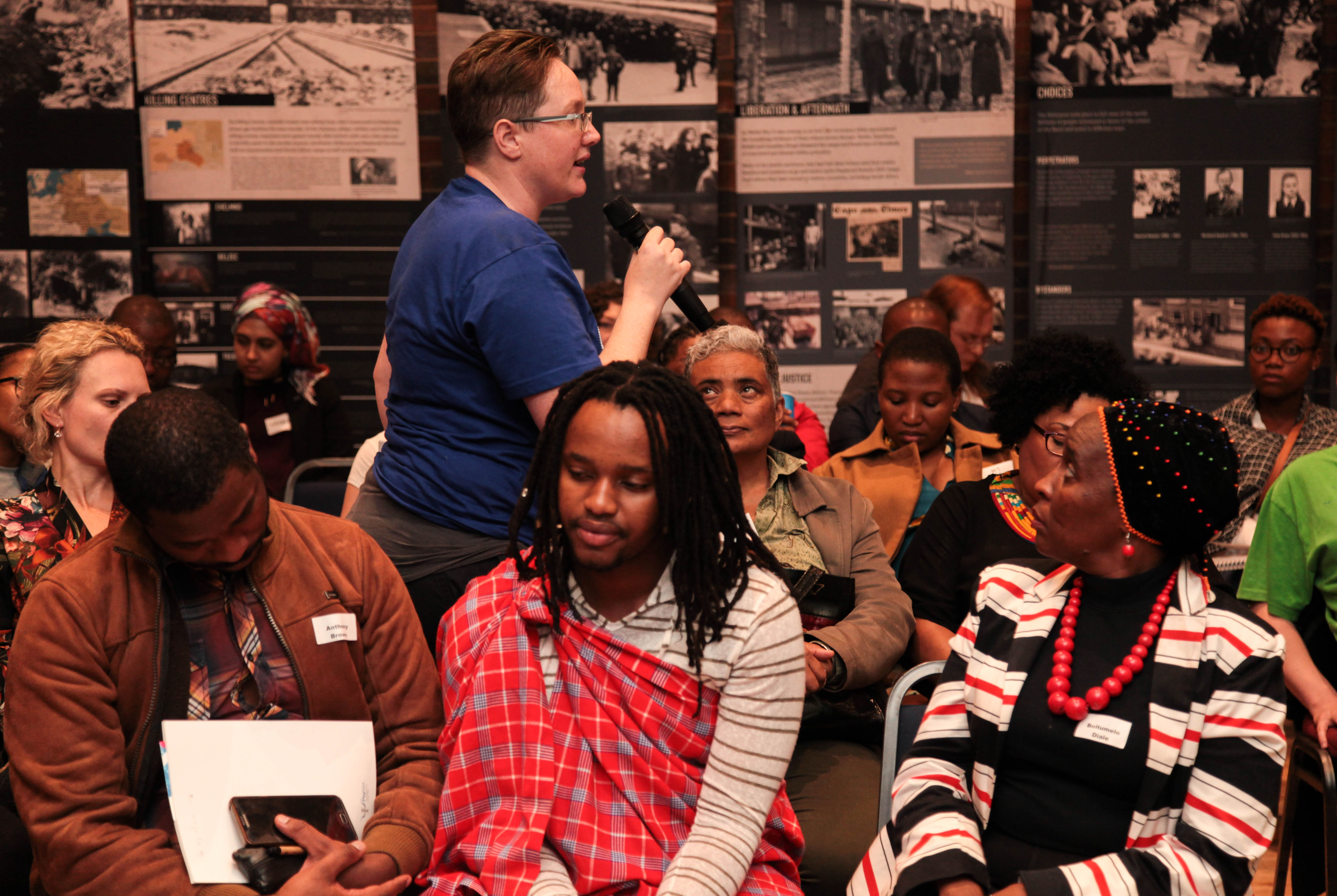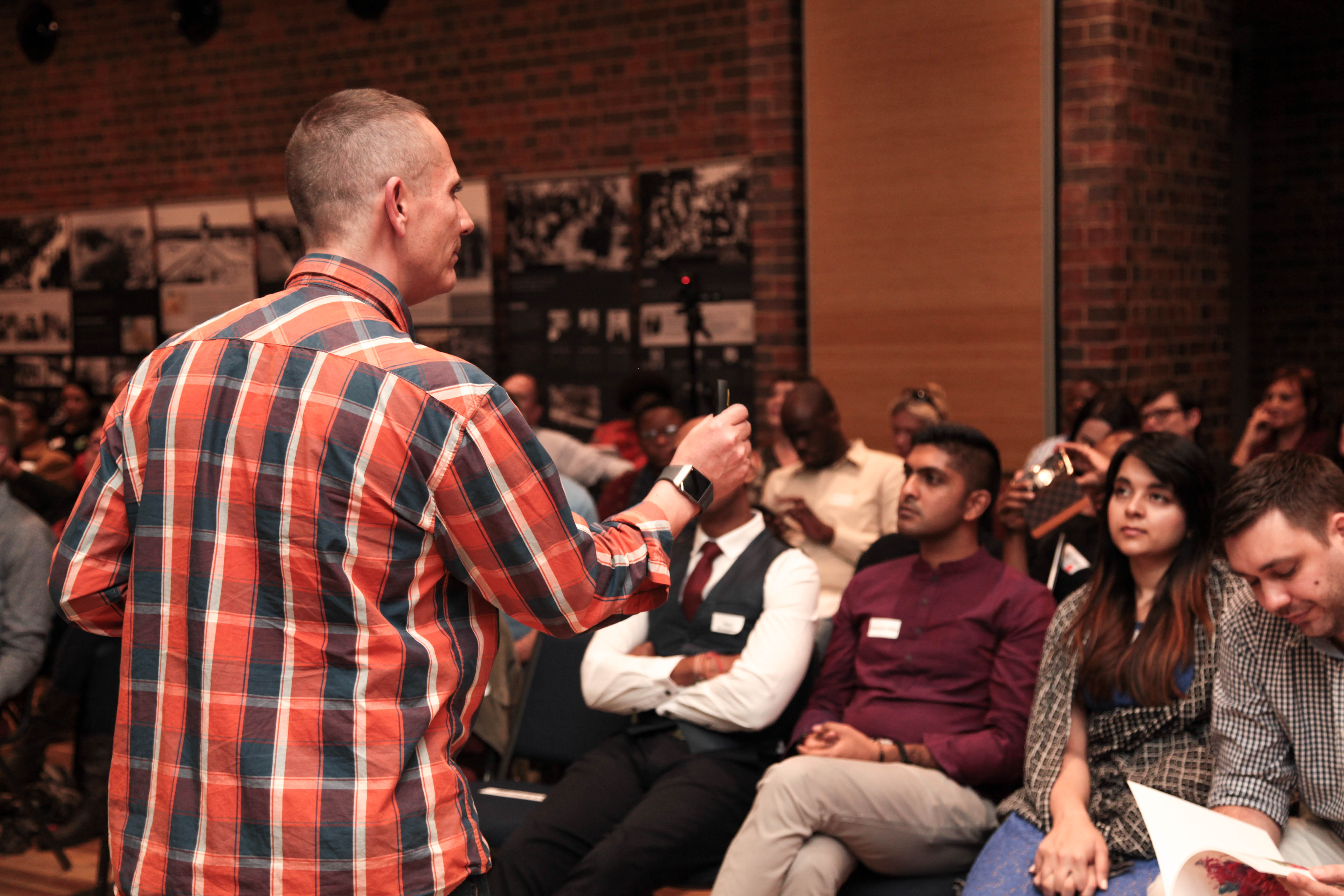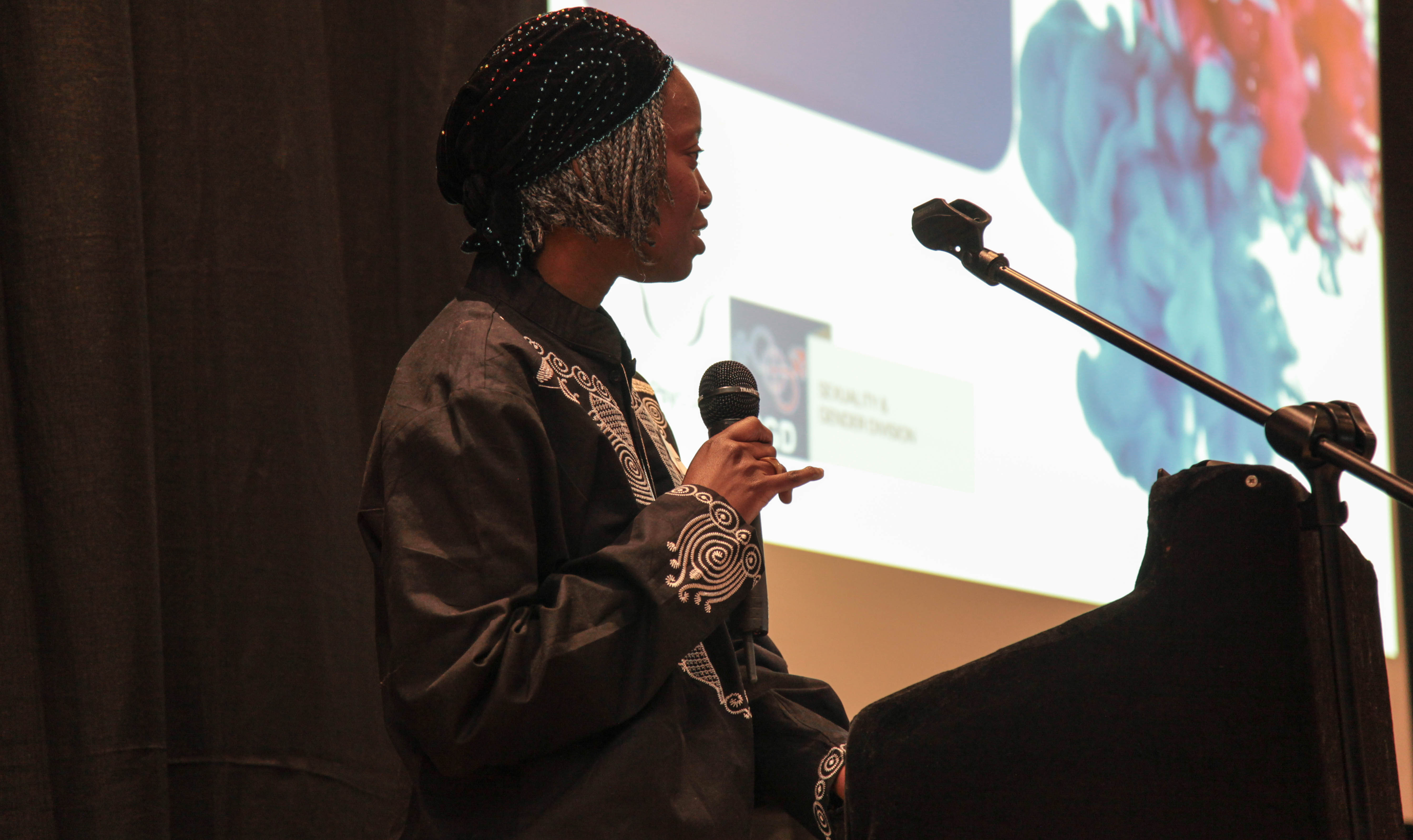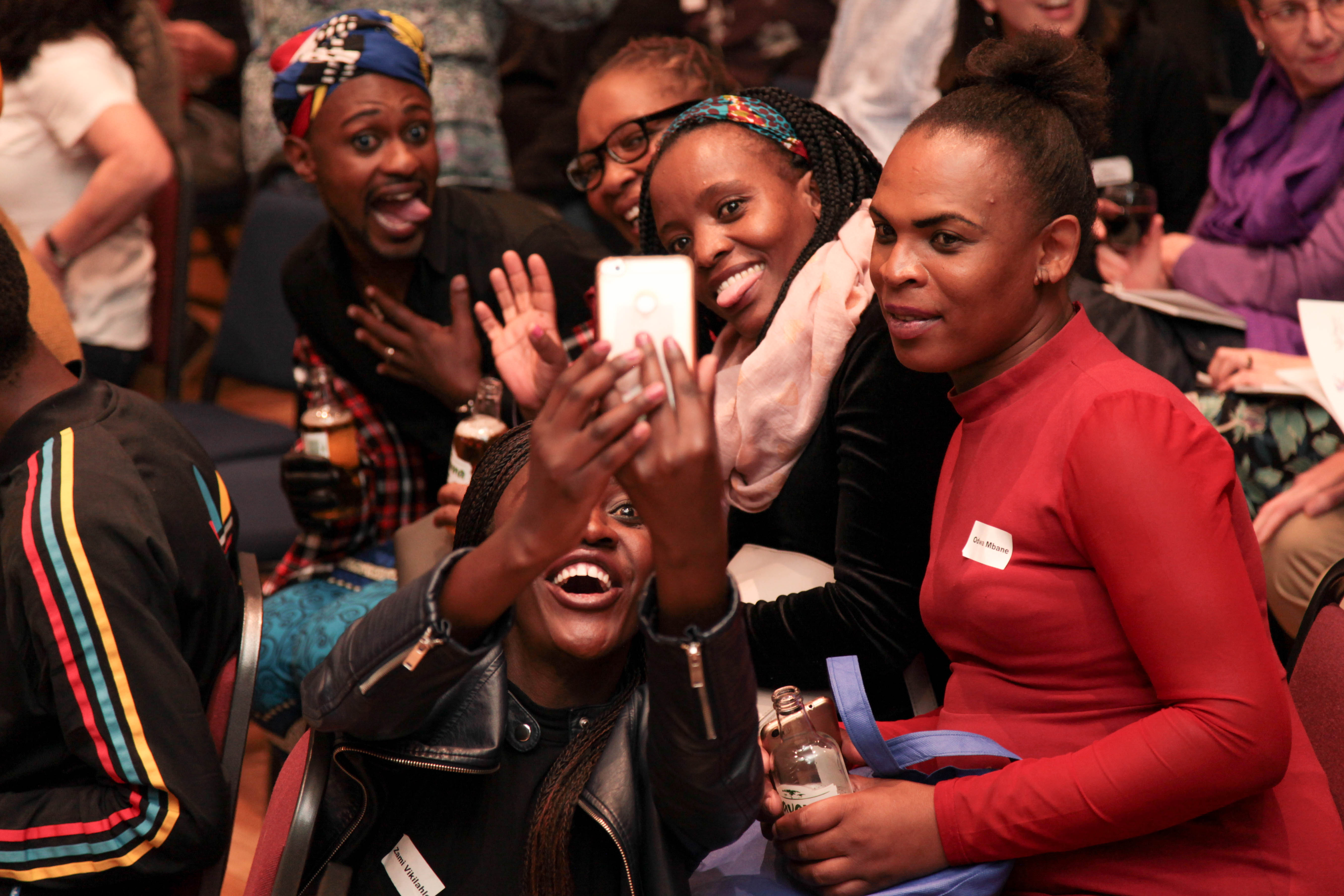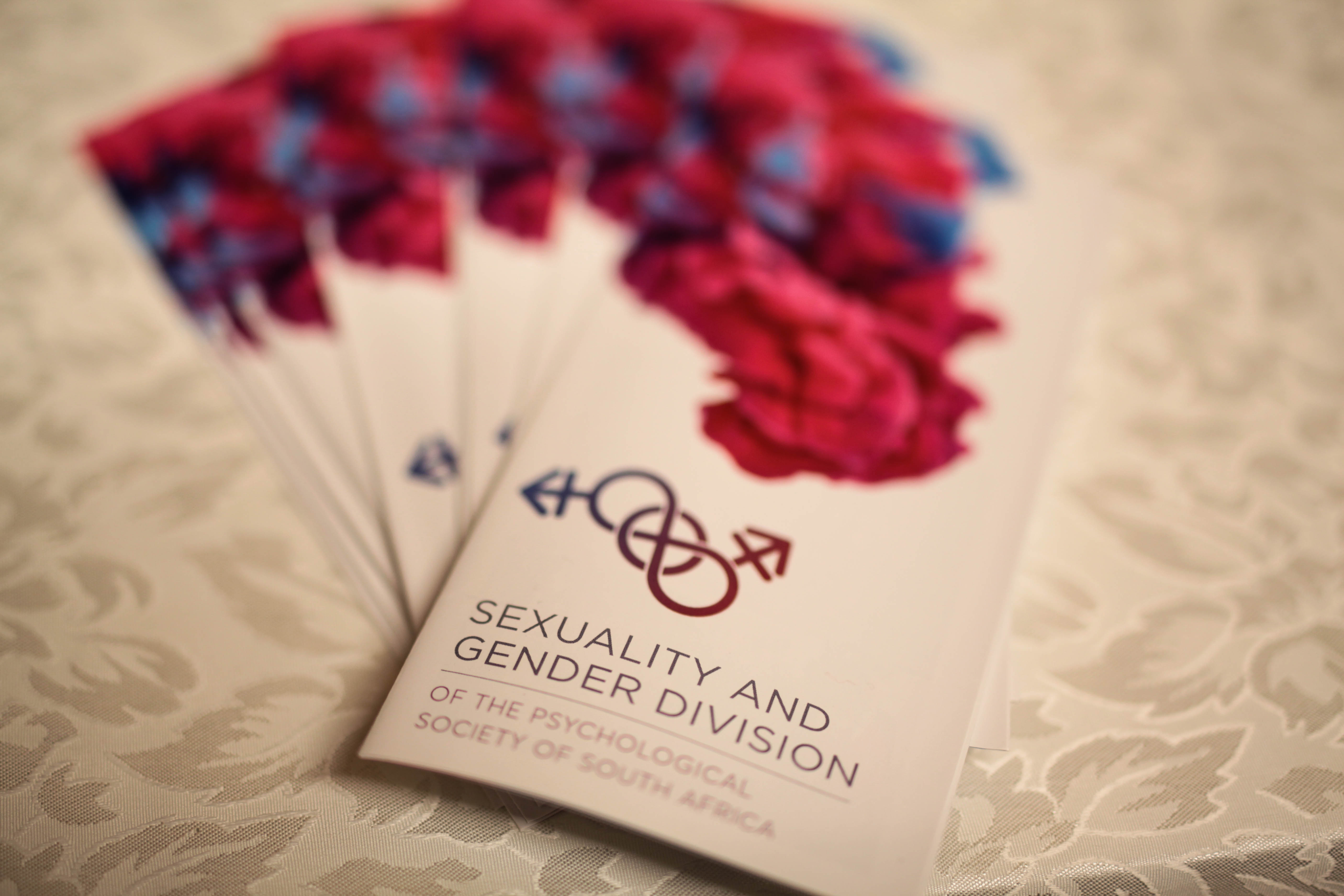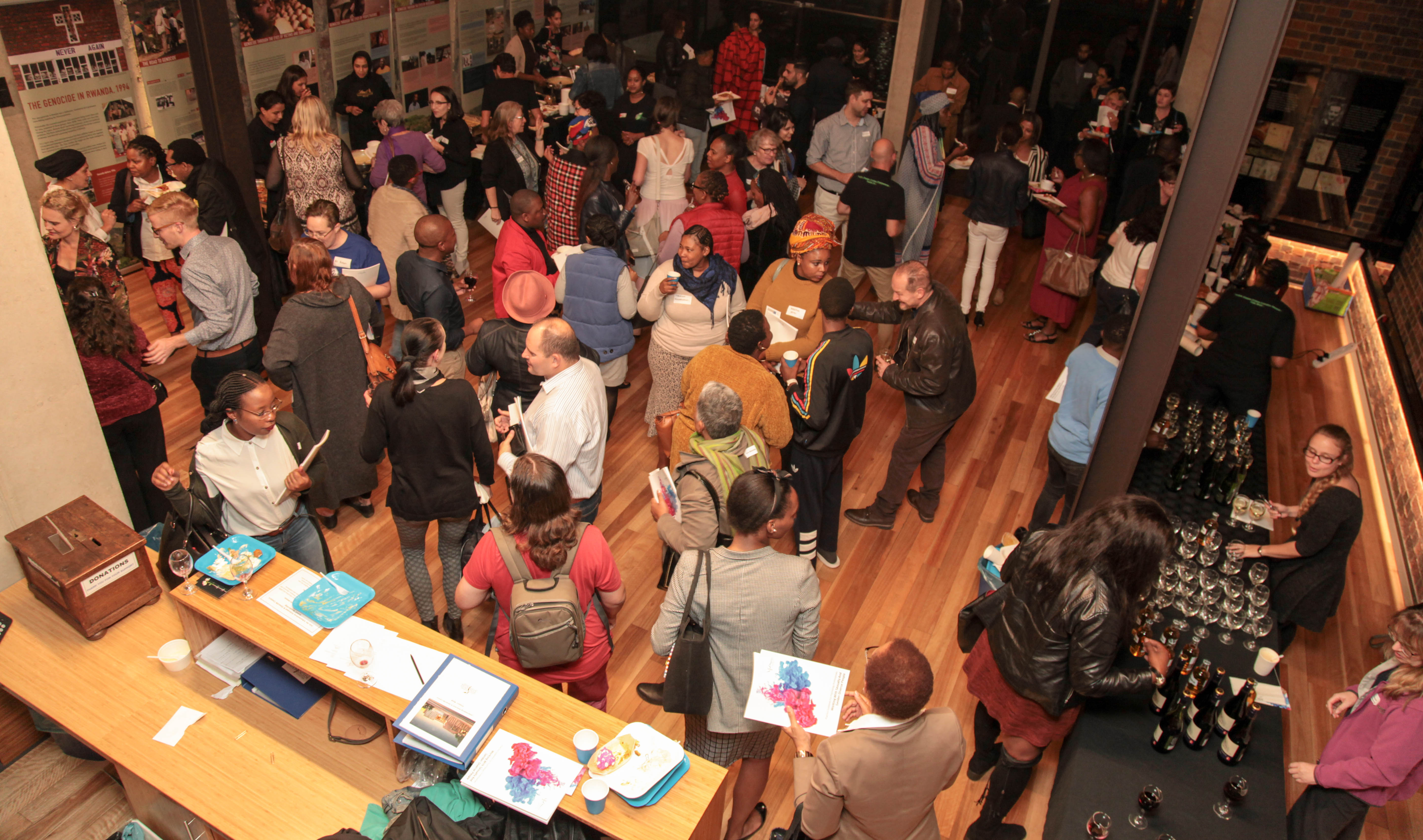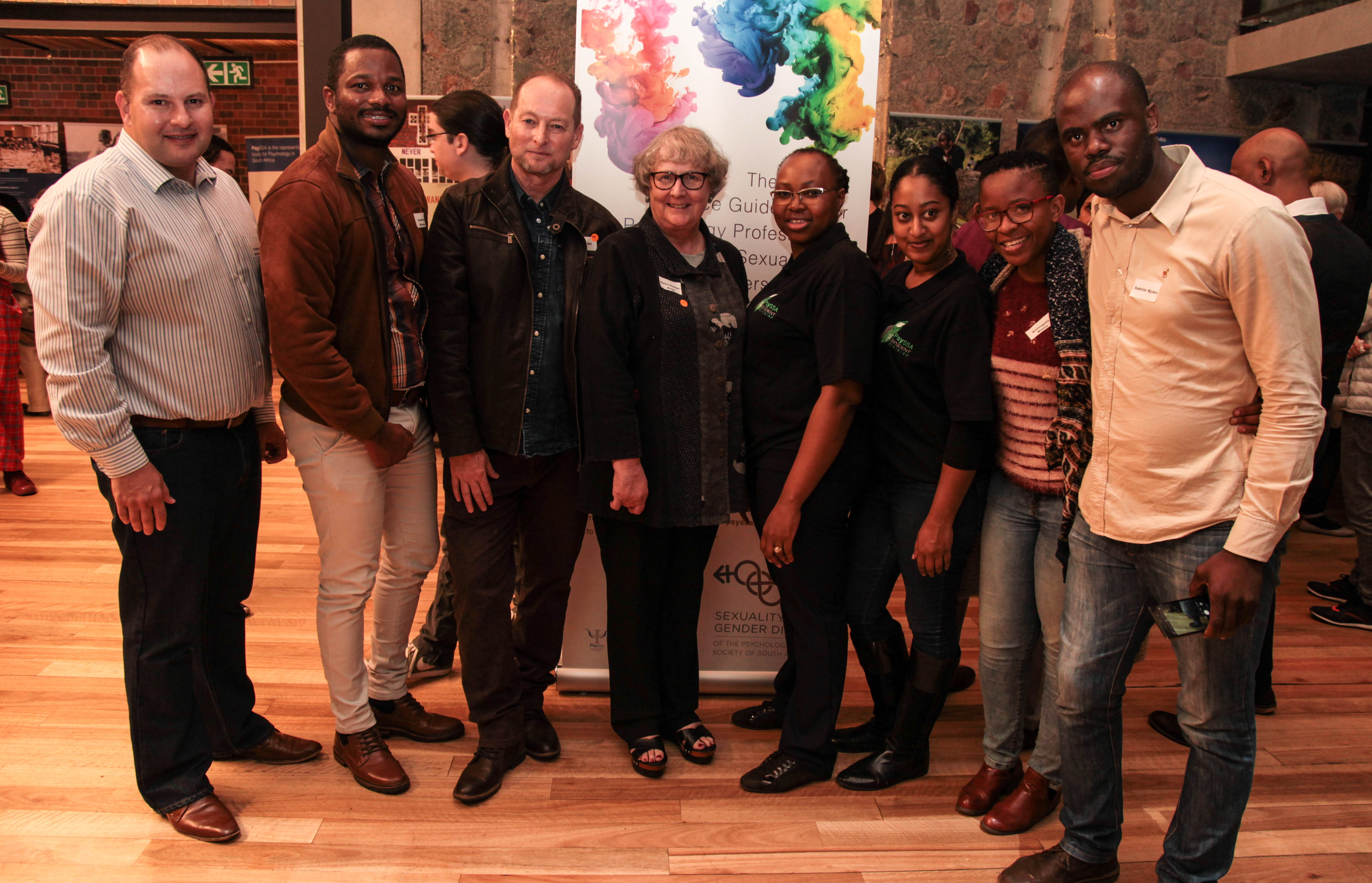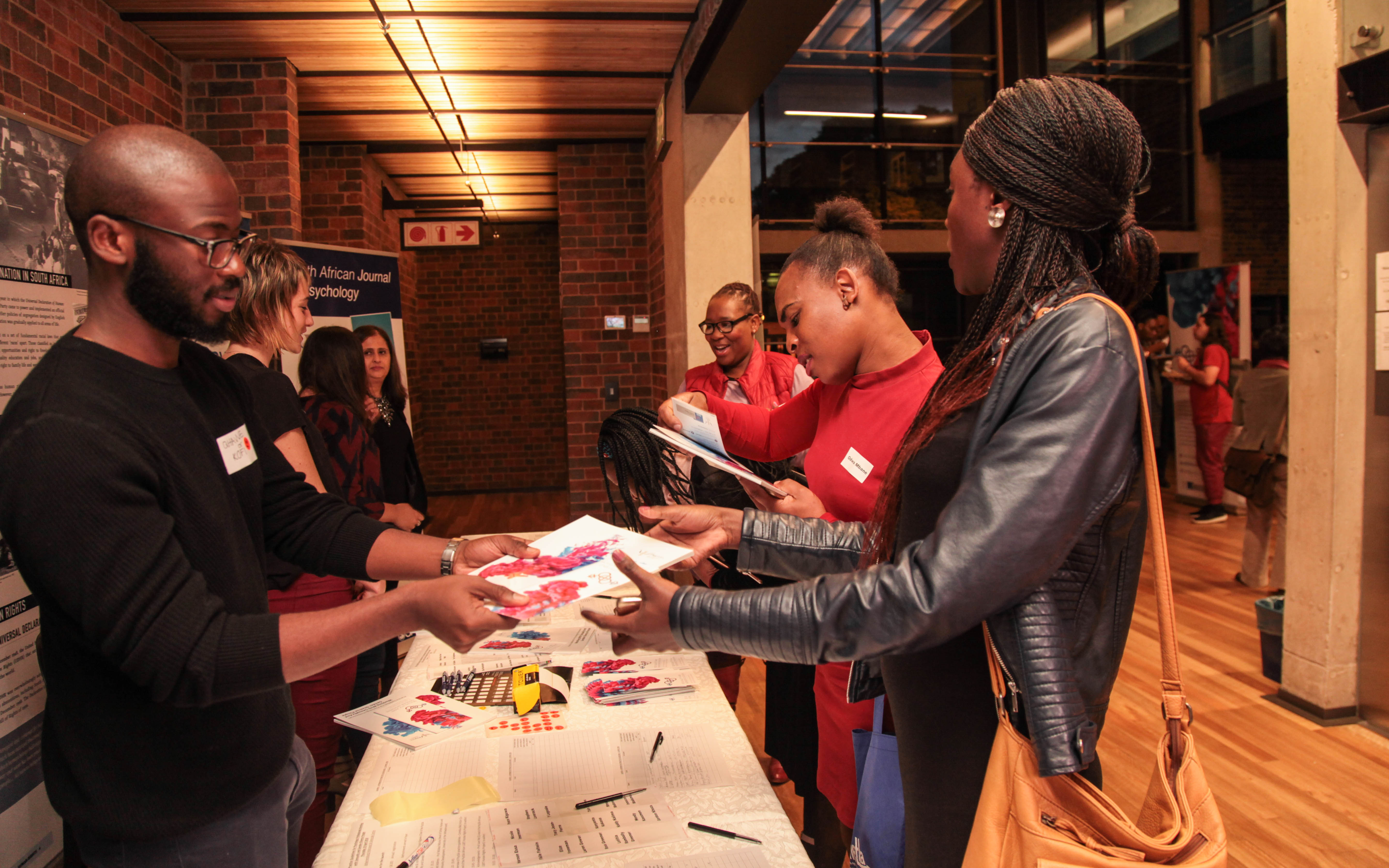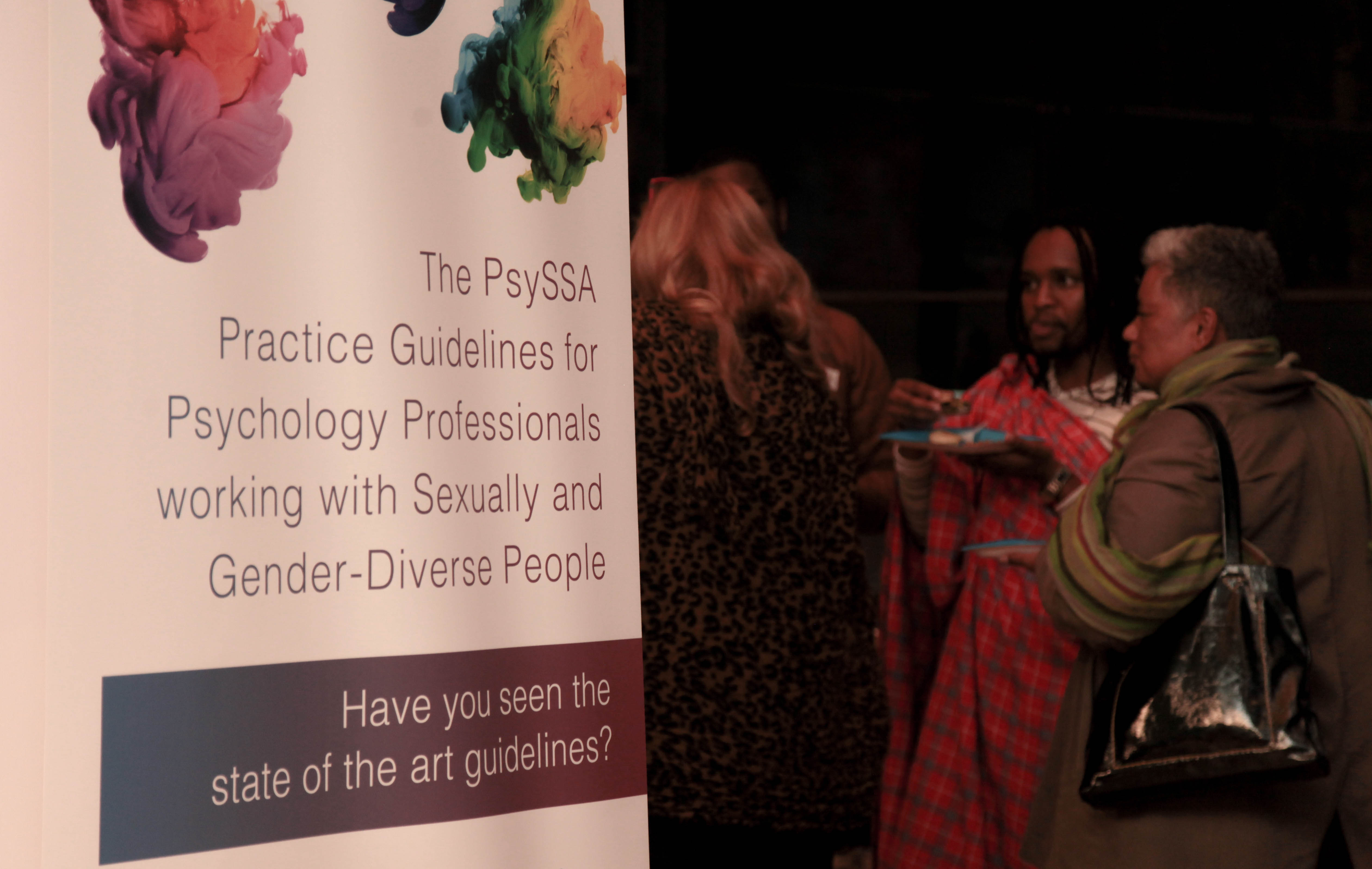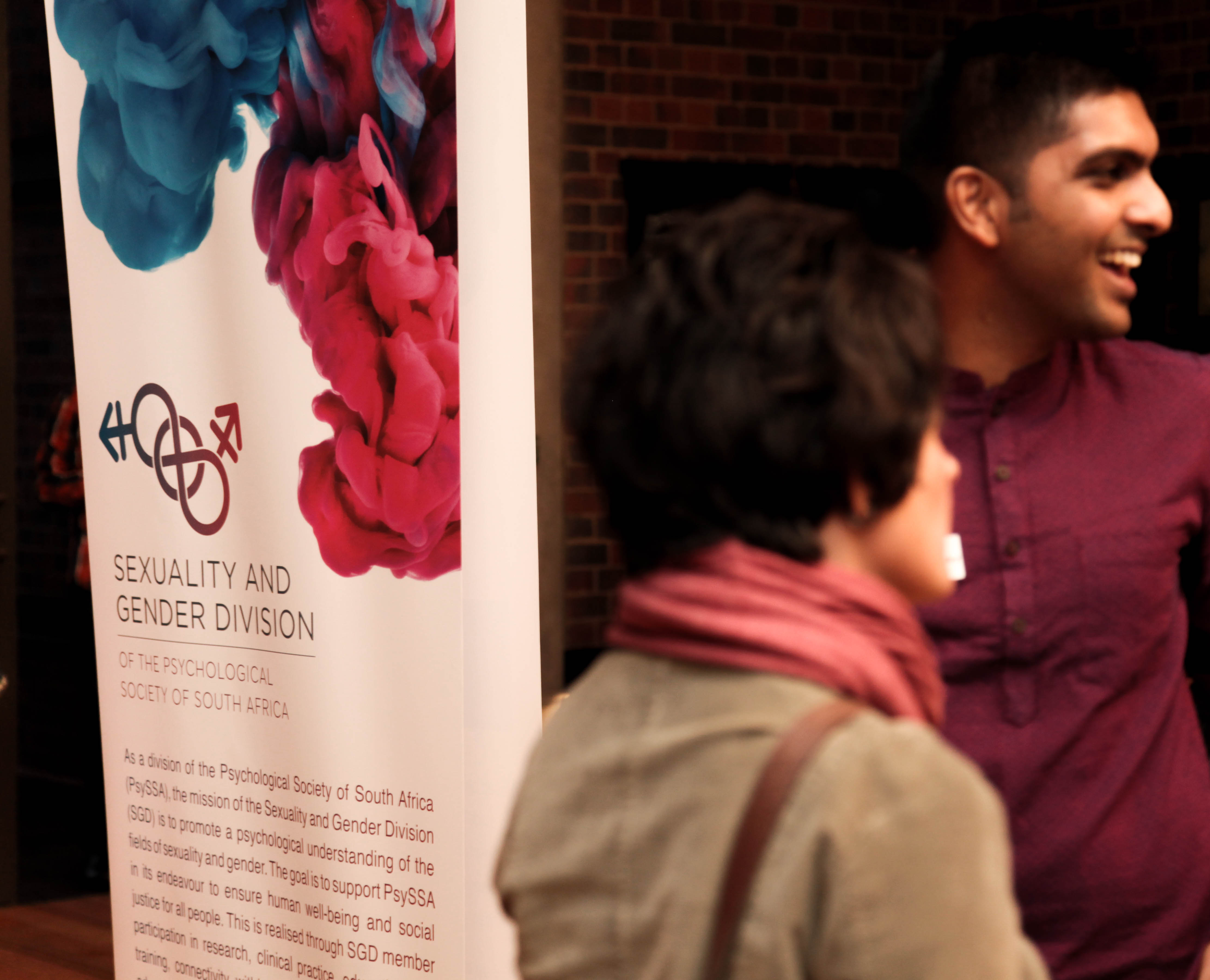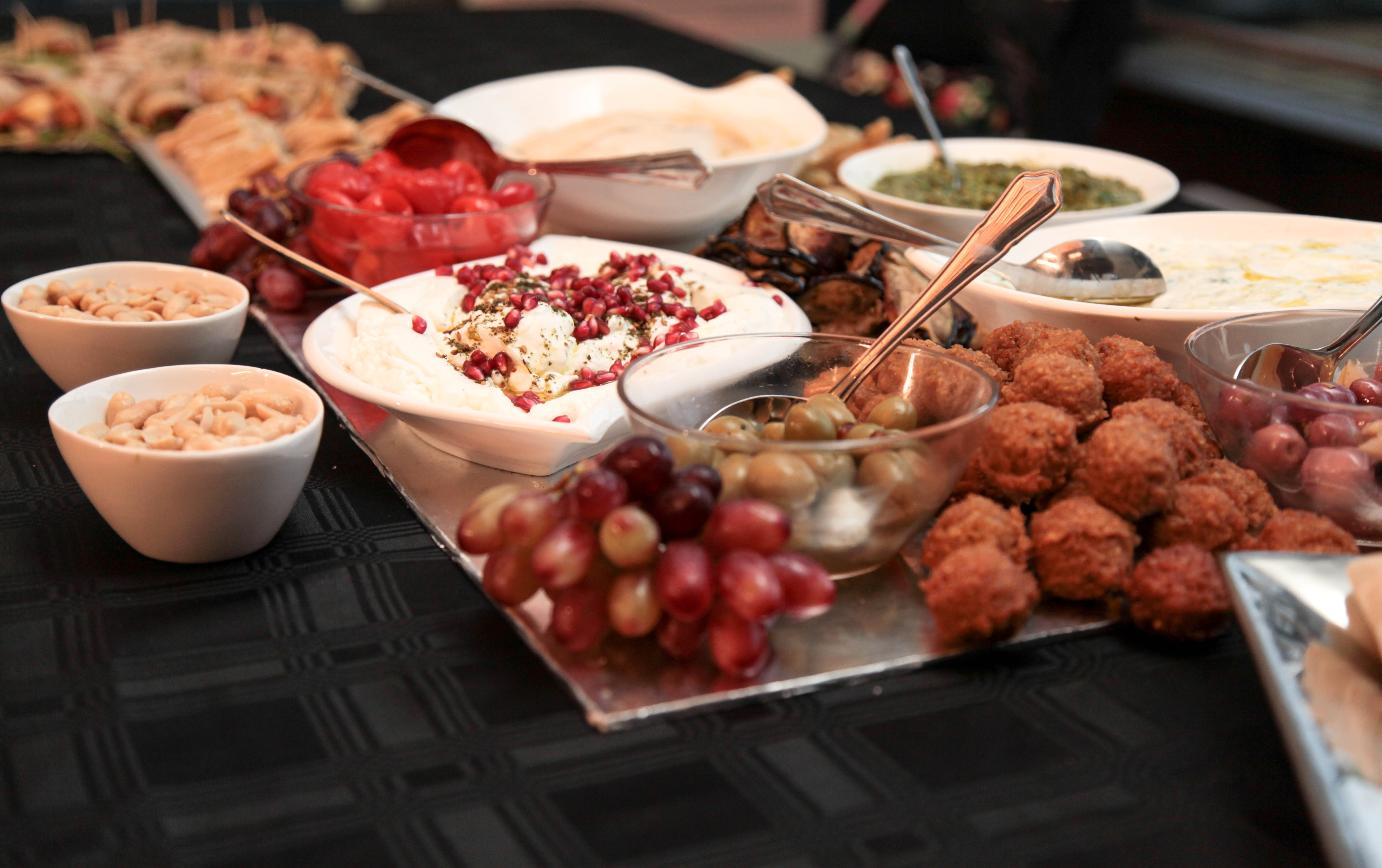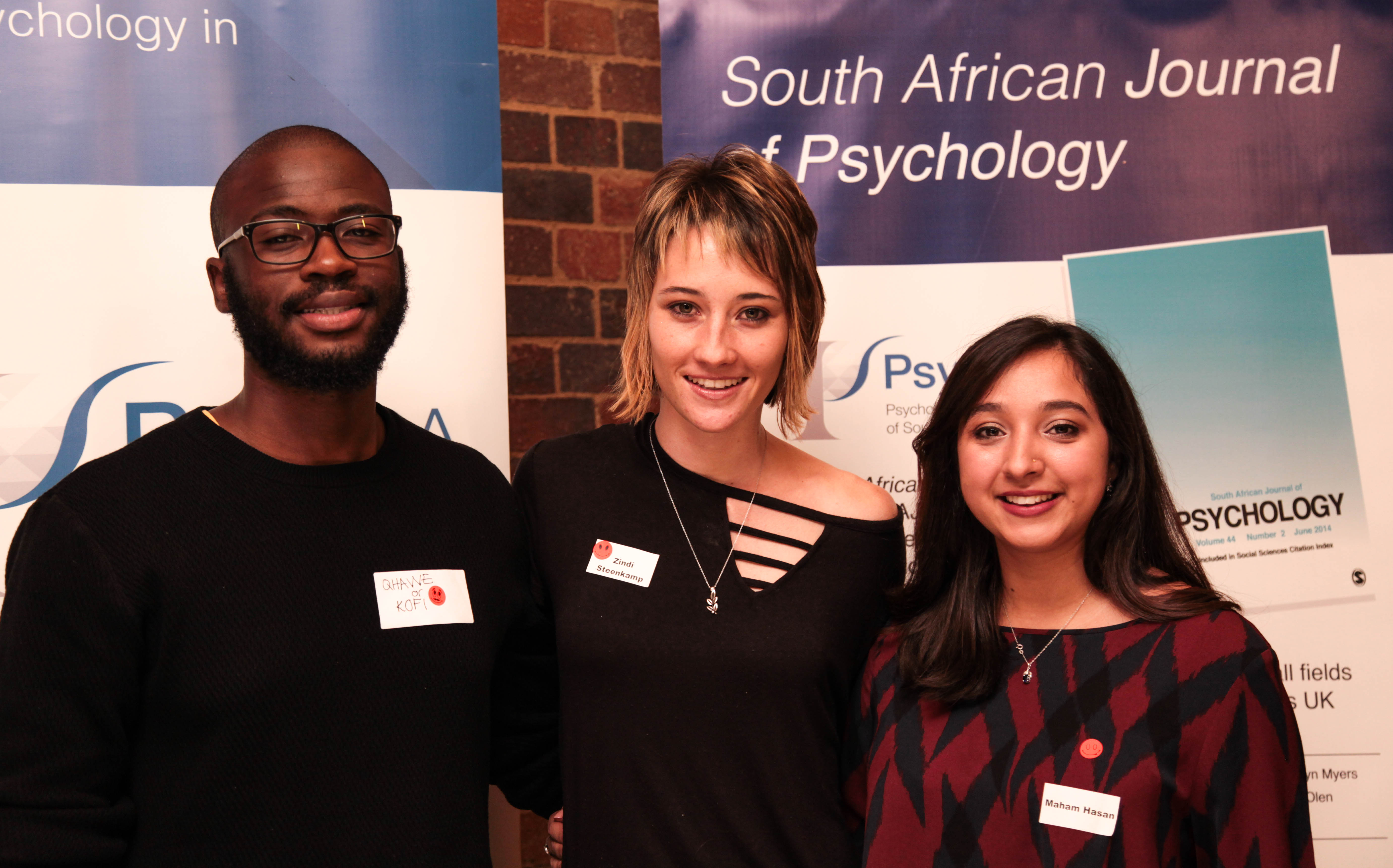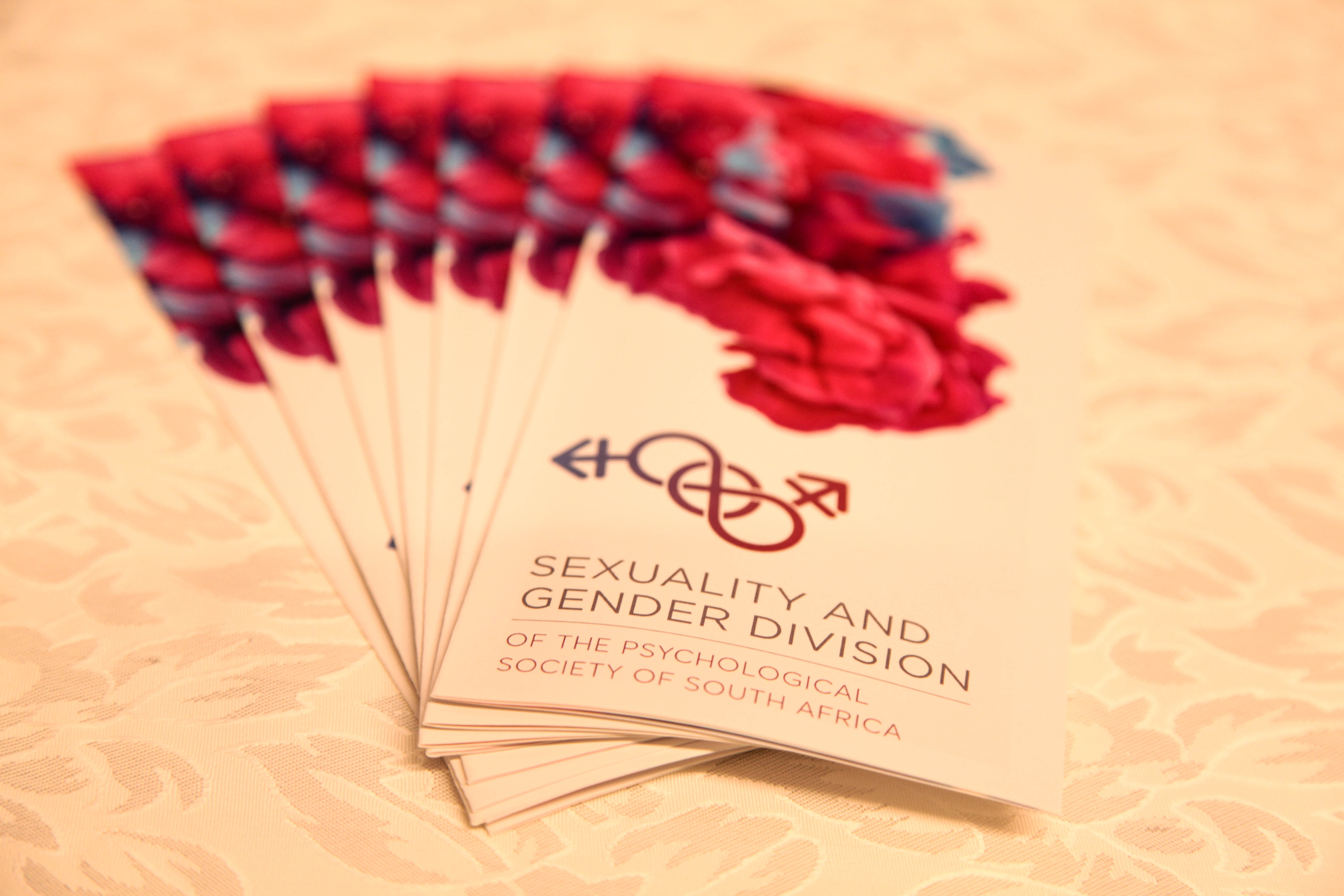

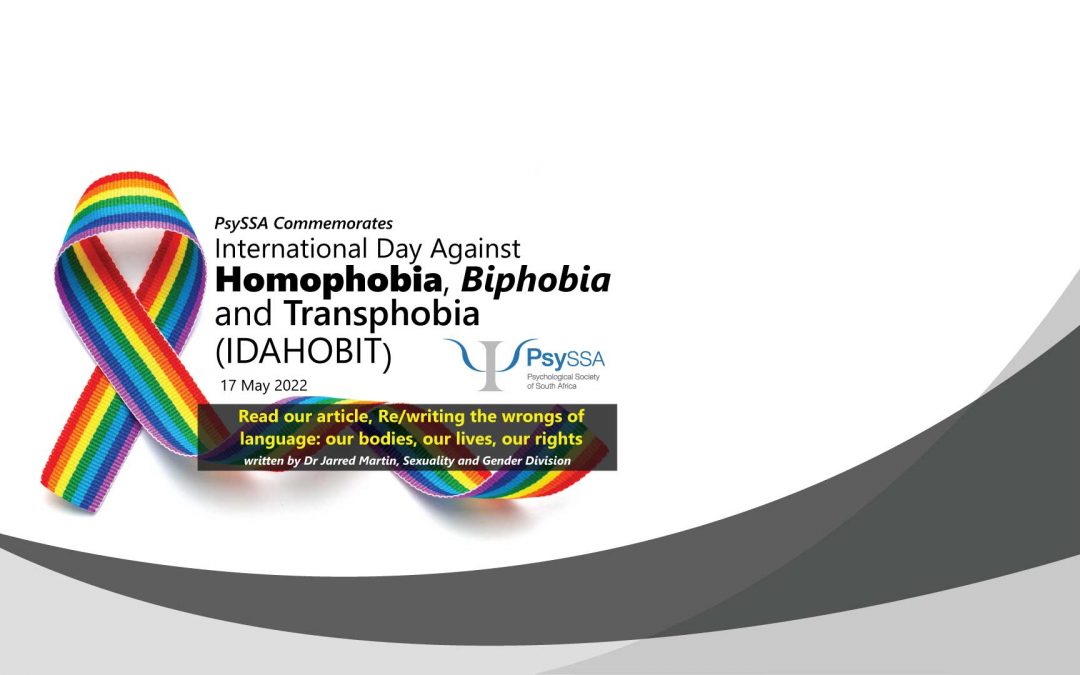
PsySSA Commemorates International Day Against Homophobia, Biphobia and Transphobia (IDAHOBIT) – 17 May 2022
Thirty-two years ago, on the 17th of May 1990, the World Health Organisation removed homosexuality from its International Statistical Classification of Diseases and Related Health Problems – one of the foremost diagnostic compendiums employed around the world by health scientists as well as practitioners for epidemiological research, health management, and clinical work. In the wake of this, Queer communities across the globe now commemorate May 17th as the International Day Against Homophobia, Biphobia, Intersexphobia & Transphobia or, IDAHOBIT – a day which serves as an annual opportunity to highlight the work still needed to combat anti-queer discrimination and violence and, at the same time, celebrate the progress made to curb and end the prejudice experienced by lesbian, gay, bisexual, transgender, intersex, and gender nonconforming people.
While the removal of the classification of homosexuality as a mental illness and psychological disorder was in and of itself an important advance towards a standard of non-discriminatory mental and medical healthcare for Queer people; more broadly, it represented yet another step in how the Queer community and our allies have organised to resist the use of language in ways which serve to degrade, medicalise, pathologise, and criminalise our gendered and sexual identities, ways of being, and relationships.
In a heteronormative world, that is to say, a world which sees gender and sexual difference and diversity as, at best, a deviation from the so-called ‘norm’ and, at worst, a disorder or disease which requires ‘treatment’ or incarceration; language has always been, and continues to be, a contested frontier for Queer people as we work within and through language to challenge, subvert, and reclaim the dominant ways in which our bodies and ourselves have been identified and misidentified as well as treated and mistreated. Historically, it is worth noting that Queer and allied resistance to prejudicial language has often been most visible in opposition to the ways that institutionalised Western medicine and, in particular, psychiatry and psychology, have deployed derogatory clinical discourse and diagnostology to pathologise queer(er) identities and medicalise queer(er) bodies. There is indeed a long history of discriminatory language practices which today litter the terminological trashcan of medical and mental healthcare, including, but by no means limited to, ‘gay bowel syndrome’, ‘gay-related immunodeficiency disease’, and, more recently, ‘gender identity disorder’. Far from benign, the history of this language is a history of violence characterised by the classification of queer identities, bodies, and relationships as sites for medical and psychological ‘curative’ intervention, including, ‘conversion’ therapies and surgical ‘correction’.
Today, however, a new frontier in the Queer contestation of language has begun to take shape within our everyday talk, namely, gender(ed) pronouns. In recent months, newspaper headlines and media coverage has highlighted how (at least some) South African schools are starting to recognise the need to cultivate more gender-inclusive educational environments by both grappling with and transforming the everyday practices that come to organise and define school life, such as, school sanctioned gender-specific haircuts and hairstyles, school approved gender-defined uniforms and dress codes, as well as the school directed use of the traditional gender pronouns employed by staff to identify, name, and gender students.
From the outset, it is important to recognise how many of the aforementioned features of contemporary school life in South African primary and secondary schools remain remarkably archaic, with the roots of these customs and practices embedded in both Dutch and English colonial-era and hetero-patriarchal traditions of schooling – traditions which, in both overt and covert ways, work to organise, reproduce, and discipline school life, students and their bodies in terms of gender or, more specifically, a compulsory Western-styled binary of gender defined by only two biological sexes, namely, ‘male’ and ‘female’. It is therefore not surprising that the mission, vision, and ethos statements of many secondary schools continue to be explicitly defined by gendered outcomes of education, such as, in references to educating ‘young ladies’ or raising ‘young men’.
Contrary to this convention, some schools, such as Westerford High School in Cape Town, have demonstrated bravery and creativity in introducing inclusive language policies which establish new language practices through the use of gender-affirmative and gender-neutral pronouns. Generally speaking, gender-inclusive language policies and practices broaden the traditional pronoun convention of ‘he/him’ and ‘she/her’ to include ‘they/them/their’ used in the singular, ‘ze’ (pronounced zee) in place of she/he, and ‘hir’ (pronounced here) in place of her/his. In doing so, the aim of these (evolving) language practices is to promote inclusion by recognising and validating the full spectrum of gendered identities and gender expressions. Yet, perhaps unsurprisingly, some of these efforts continue to be undermined, either by national and provincial Departments of Education which remain sluggish in providing policy direction to schools on gender inclusivity or, by pop-up ‘stakeholders’ who appear to oppose any move by schools and school communities to become more gender inclusive.
In one such recent example, members and representatives of the African Christian Democratic Party (ACDP) picketed against the Western Cape Education Department’s proposed introduction of new policy guidelines to create more gender inclusive, affirming, and safer spaces in the province’s schools. In a News24 report of the protest, Mari Sukers, a member of parliament for the ACDP, was reported to have claimed that “Gender fluidity is an ideology; it is not a fact”. This opinion, while factually inaccurate, is nonetheless a common hallmark of more conservative thinking and retrogressive argument which seeks to deny the biological and psychological reality of gender and sexual diversity by erasing all those Queer people who identify, experience, and express their gendered and sexual subjectivity in ways which fall between and outside of the socially constructed male-female binary.
Again, it must be understood that the queer-phobic ideologies which underpin language practices that deliberately misidentify, misname, misgender, and ultimately deny an authentic recognition and expression of a Queer person’s gendered sense of self and body are not benign. Research has shown that these kinds of language practices have effects which present a clear and present danger to the mental health and personal dignity of Queer people, broadly, and younger school-going Queers, more particularly. Recent research has found that Queer youth find the use of their preferred pronouns personally validating, as well as engendering a safer sense of the spaces in which their preferred pronouns are used. Moreover, accurately identifying a Queer person through their preferred pronoun and name has been shown to reduce depression and the risk of suicidality. This is especially important considering that Queer youth are already known to be at greater risk for suicidal ideation and behaviour – and not because of their Queerness, but, rather, because of the aggravating effects of the societal prejudice, victimisation, and violence they face as a Queer person.
Gendered pronouns are not ‘just words’, but deeply personal and psychologically significant identifiers of personhood; they function to help a person understand and articulate their embodied sense of self, their relations with others, and their positionalities in the social world. To this effect, a refusal to acknowledge and use more expansive, inclusive, and preferred gender pronouns needs to be seen, as Chan Tov McNamarah has recently argued in the California Law Review, as yet another way in which our everyday language practices become co-opted to reiterate forms of exclusion, subordination, and devaluation which are akin to “addressing Black persons by only their first names, the intentional omission of women’s professional titles, and the deliberate butchering of the ethnically-marked names of minorities, … ”.
It is for this reason that, as we mark IDAHOBIT 2022, Queer people and our allies treat the opposition around the use of inclusive gender pronouns, be it in our schools, workplaces, and other social settings, with as much seriousness as we have historically treated the ways in which institutionalised forms of diagnostic discourse and language through medicine, psychiatry, and psychology have been used to erase, control, and gatekeep our bodies, our lives, and our rights.
Author:
Jarred Martin (PhD) is an early-career academic based in the Department of Psychology, at the University of Pretoria, and is a registered Clinical Psychologist. His research and writing focus on critical studies of gender/s and sexuality/ies. This article is written on behalf of the Sexuality and Gender Division of the Psychological Society of South Africa.

BREAKING NEWS: The Constitutional Court upholds the High Court order against Jon Qwelane
The Constitutional Court today found the Jon Qwelane article published in 2008 in the Sunday Sun entitled “Call me Names but Gay is Not Okay”, amounts to hate speech.
In an unanimous decision and a judgement that was handed down by Justice Majiedt, the offending article by Qwelene was declared to be harmful and to incite harm and promote hatred as contemplated by sections 10.1(b) and (c) of the Equality Act.
The Constitutional Court thus upheld the High Court order against Qwelane (see below)
In the words of Melanie Judge, queer activist and executive member of the Psychological Society of South Africa (PsySSA): “As the hate speech provision stands – with minor amendments – that is, indeed, a victory for all those at the receiving end of hate speech.”
That Qwelane’s article was found to be egregious and an attack on the dignity and equality of LGBT+ communities, accords with the evidence led by the Psychological Society of South Africa (PsySSA). We were the only consistent amicus present from the outset at the High Court, the Supreme Court of Appeal and the Constitutional Court and the only expert witness at all and throughout, and to speak on effects of the speech on the marginalised group.
PsySSA, with Webber Wentzel acting for us, pro bono, indeed, was there right from the beginning in 2011, following an outcry from LGBT+ communities.
In court, PsySSA positioned the hate speech complaint in context and analysed the statements in conjunction with the impact on LGBTI+ communities, underscoring the psychosocial effects of hate speech.
Further detail on the evidence we led:
In heads of argument submitted to the ConCourt, PsySSA stated that: “Words matter. Speech has consequences for the speaker, for the audience and for society at large. This article was, indeed, deeply offensive to LGBT+ communities and it caused them harm and trauma. This much was evident from the testimony of witnesses who gave evidence before the Equality Court. The article reflected a poisonous disrespect for their dignity as human beings, likening them to animals and their intimate relationships to bestiality. These are statements that undermine the dignity of every member of LGBT+ communities. They create fertile ground for hate crimes against LGBT+ individuals. They are also statements that thwart the constitutional project of developing a caring, respectful and tolerant society.”
Further detail on the amendments ordered:
Section 10.1(a) (thus speech that is hurtful) as contained in the Equality Act, was found to be too vague and subjective (and thus unconstitutional). The court provided certain ‘reading in’ provisions to cure section 10(1)a in the interim until amended by Parliament within 24 months. Going forward, Section 10.1 of the Equality Act will thus only include speech that causes harm, not hurt, together with incitement of violence. Part of the costs were awarded to Qwelane because he successfully brought a constitutional challenge.

What happens to a dream deferred? Queer rights in South Africa on IDAHOBIT
What happens to a dream deferred? It turns into a civil rights movement.
Langston Hughes’ poem is an angry meditation on the lives of African Americans in the early 1950s, denied their dream of equality, dignity and prosperity. When deferred:
Does it dry up
like a raisin in the sun?
Or fester like a sore—
And then run?
Does it stink like rotten meat?
Or crust and sugar over—
like a syrupy sweet?
Maybe it just sags
like a heavy load.
Or does it explode?
Freed from slavery but not full and equal citizens, African Americans were subjected to countless indignities of petty, poisonous and structural racism. Around the corner was the Civil Rights Movement, a turning point of protest, when a people said “no more”.
To this writer, the sagging, heavy, exploding of Hughes’ poem is an echo of the song Strange Fruit, made famous by Billie Holliday. A shocking description of lynched black bodies hanging in trees, Strange Fruit became a rallying call for civil rights in the United States, dividing America on race lines.
As the International Day Against Homophobia, Biphobia and Transphobia (IDABOBIT) looms on our calendar of human rights days on May 17, it’s worth asking if we need a (new) civil rights movement for queer people in South Africa.
According to a statement signed by more than 20 organisations, published on April 22, at least six people have been killed in hate crimes since February 12 this year. “Since the dawn of democracy, LGBTIQ+ South Africans have been brutalised, raped, and killed across our nation. The list is long. Today we still fear to simply be ourselves, to dress how we choose, or to share an embrace – not only in public but also among those who we may count as friends and neighbours. Not only do we fear for our very lives, but we continue to face discrimination all around us. Today, we are here to say enough.”
Can we use May 17 to start a new civil rights movement for queer bodies? IDAHOBIT was created in 2004 to draw attention to the violence and discrimination experienced by lesbian, gay, bisexual, transgender, intersex people and all other people with diverse sexual orientations, gender identities or expressions, and sex characteristics. The day was specifically chosen to commemorate the World Health Organization’s decision in 1990 to declassify homosexuality as a mental disorder.
As the IDAHOBIT website (https://may17.org/about/) notes, this “is not one centralised campaign; rather it is a moment that everyone can take advantage of to take action, on whatever issue and in whatever format that they wish.”
Queer people in South Africa are tired of the festering rottenness of hate, tired of sugary, false promises. “This is something we should be deeply ashamed of. I want to send a very strong message that hate crime will not be tolerated in our society,” President Ramaphosa said on Freedom Day.
Queer people are not free, not while they are “strange fruit”.
*Author: Pierre Brouard is a clinical psychologist, acting director of the Centre for Sexualities, AIDS and Gender at the University of Pretoria, and the secretary of the Sexuality and Gender Division of the Psychological Society of South Africa. His work explores social justice in relation to HIV, sexualities and gender
*This article was also published on Thoughtleader!
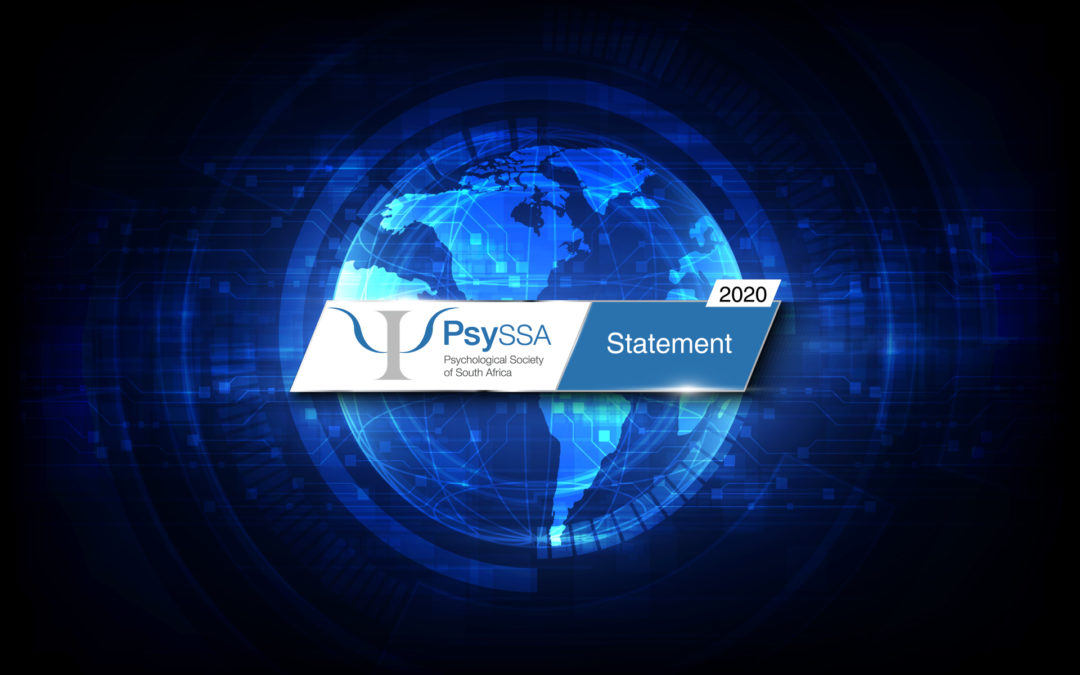
The Psychological Society of South Africa’s position on sexual and gender diversity
Launch of Practice Guidelines For Psychology Professionals Working With Sexually And Gender-Diverse People
